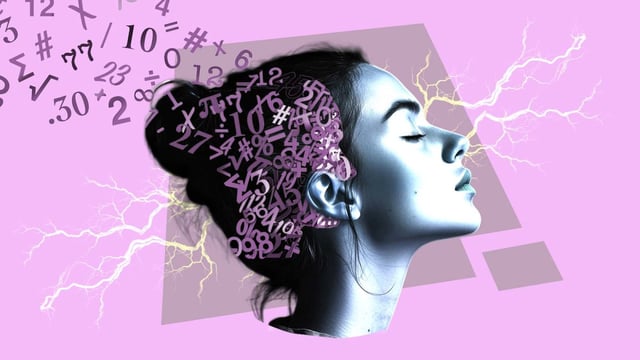Overview
- Researchers mapped connectivity between the dorsolateral prefrontal cortex (dlPFC), posterior parietal cortex and hippocampus and found stronger links predict calculation performance but not rote memorization.
- Over five days of targeted transcranial random noise stimulation on the dlPFC, participants with weaker neural connections improved calculation accuracy by 25–29%.
- High-connectivity participants showed no measurable benefit from the same brain stimulation protocol.
- Magnetic resonance spectroscopy indicated that lower GABA levels corresponded with greater responsiveness to the electrical stimulation.
- Lead authors call for broader safety and efficacy trials and warn that limited access to neuroenhancement tools could widen existing educational disparities.


